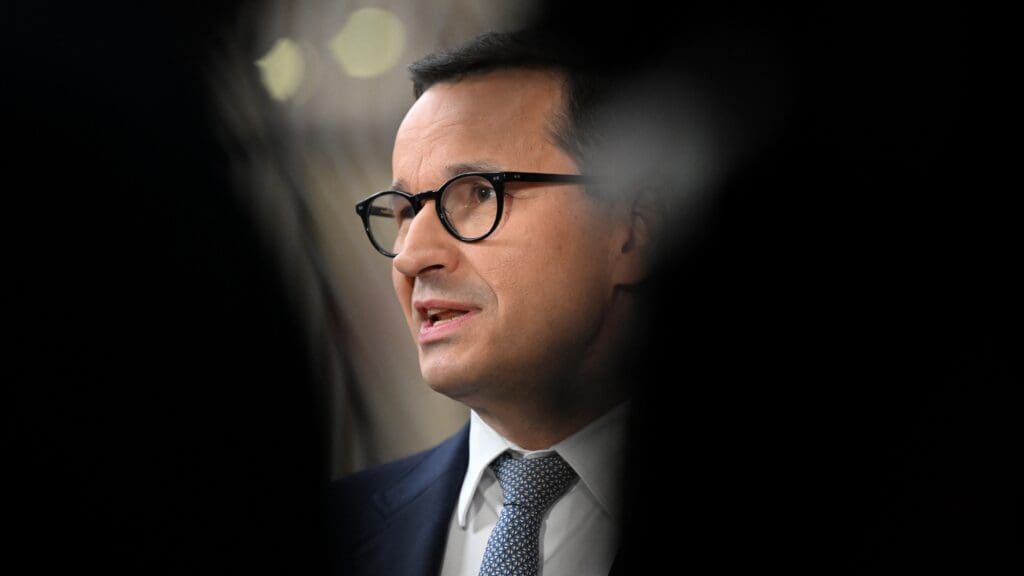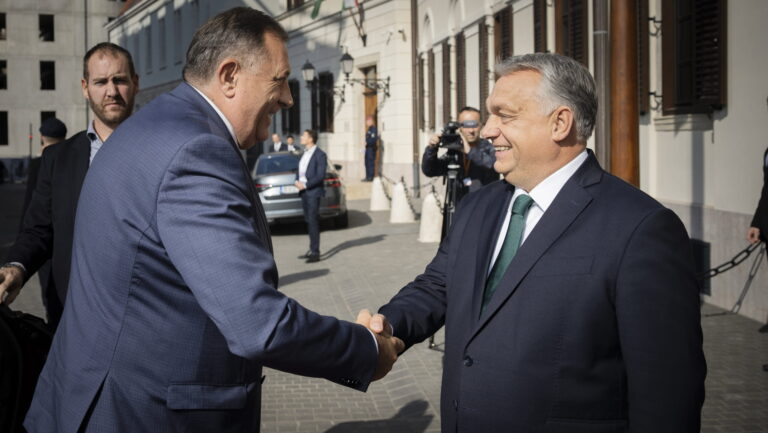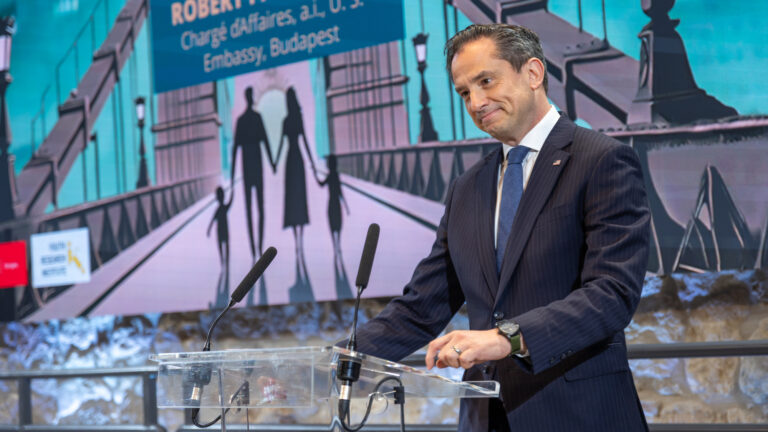Germany’s incoming government, led by Friedrich Merz’s Christian Democratic Union (CDU), is preparing to ‘punish’ Hungary for its ‘misbehaviour’, POLITICO reported. A draft coalition agreement, seen by the Brussels-based outlet, calls on the European Union to withhold funds and suspend voting rights from member states that violate core principles such as the rule of law.
Although Hungary is not explicitly mentioned, it is evident that the proposal targets the government of Hungarian Prime Minister Viktor Orbán, as Hungary is currently the only EU member state under the rule of law mechanism. At the same time, Hungary’s stance on key issues—most notably the war in Ukraine—stands in sharp contrast to that of the EU majority. Orbán has repeatedly used Hungary’s veto in the European Council to block further military and financial support for Kyiv, as well as Ukraine’s fast-track accession to the EU.
Well-Coordinated Attacks on Hungary
‘Existing protective instruments, from infringement proceedings and the withholding of EU funds to the suspension of membership rights such as voting rights in the Council of the EU, must be applied much more consistently than before,’ reads the draft agreement between the CDU and its likely coalition partner, the Social Democratic Party (SPD), regarding future EU policy.
To overcome Hungary’s veto power, the prospective German government proposes advocating for an expansion of qualified majority voting within the Council of the EU—especially in areas related to the Common Foreign and Security Policy (CFSP), such as the imposition of sanctions. This would allow decisions to bypass the need for unanimous consent, effectively neutralizing Hungary’s opposition.
‘To protect Ukraine and its Russian “frontline” states, it [the EU] must face down Orbán’
These attempts to penalize Hungary are neither new nor surprising—but at present, they appear to be more coordinated than ever. Just one day before POLITICO’s report, the Financial Times published an opinion piece urging the European Commission to sideline Orbán, particularly concerning issues related to the war in Ukraine. The recommendations were strikingly similar: increase pressure by withholding funding and suspending Hungary’s voting rights.
‘The EU is now facing a Darwinian moment. It will either adapt or die. To protect Ukraine and its Russian “frontline” states, it must face down Orbán. And the sooner the better,’ the FT piece concluded.
On 20 March Ukrainian President Volodymyr Zelenskyy called on EU member states to address Hungary’s obstructionism. He declared that Europe must develop a mechanism to prevent individual countries from blocking ‘what is necessary for everyone’.
The Last Bulwark of Peace in Europe
While Hungary’s position may diverge from the EU mainstream, it aligns with that of the United States. Since President Donald Trump entered office, negotiations to end the war in Ukraine have gained renewed momentum. Just last week Ukraine and Russia agreed to a partial ceasefire, including a halt to attacks on energy infrastructure and a maritime ceasefire in the Black Sea.
Hungary remains the only EU member state that has consistently advocated for peace since the very first day of Russia’s full-scale invasion. For this stance, it is frequently vilified by pro-war European leaders and subjected to campaigns of demonization and threats such as those mentioned above. With the shift in the US administration, Brussels stands as the last major global power still fully committed to a hardline, pro-war posture—and it has only grown more radical in that position.
Led by France and the United Kingdom, over 30 European countries have now formed a ‘coalition of the willing’ to provide further military support for Ukraine, with the stated aim of eventually deploying troops to Ukrainian territory. French President Emmanuel Macron recently announced a plan to send ‘reassurance forces’ from several European countries to strategic locations in Ukraine in the event of a peace agreement with Russia.
Taking a broader view: Hungary currently stands as the only country preventing the European Union from effectively entering into full-scale open war with Russia—a move that would, in essence, amount to the beginning of a world war. While Western leaders escalate their rhetoric, warning of an imminent Russian threat to EU member states, the motivation behind the coordinated push to strip Hungary of its voting rights becomes increasingly clear: to remove the last bulwark of peace and sanity on the continent.
Related articles:








